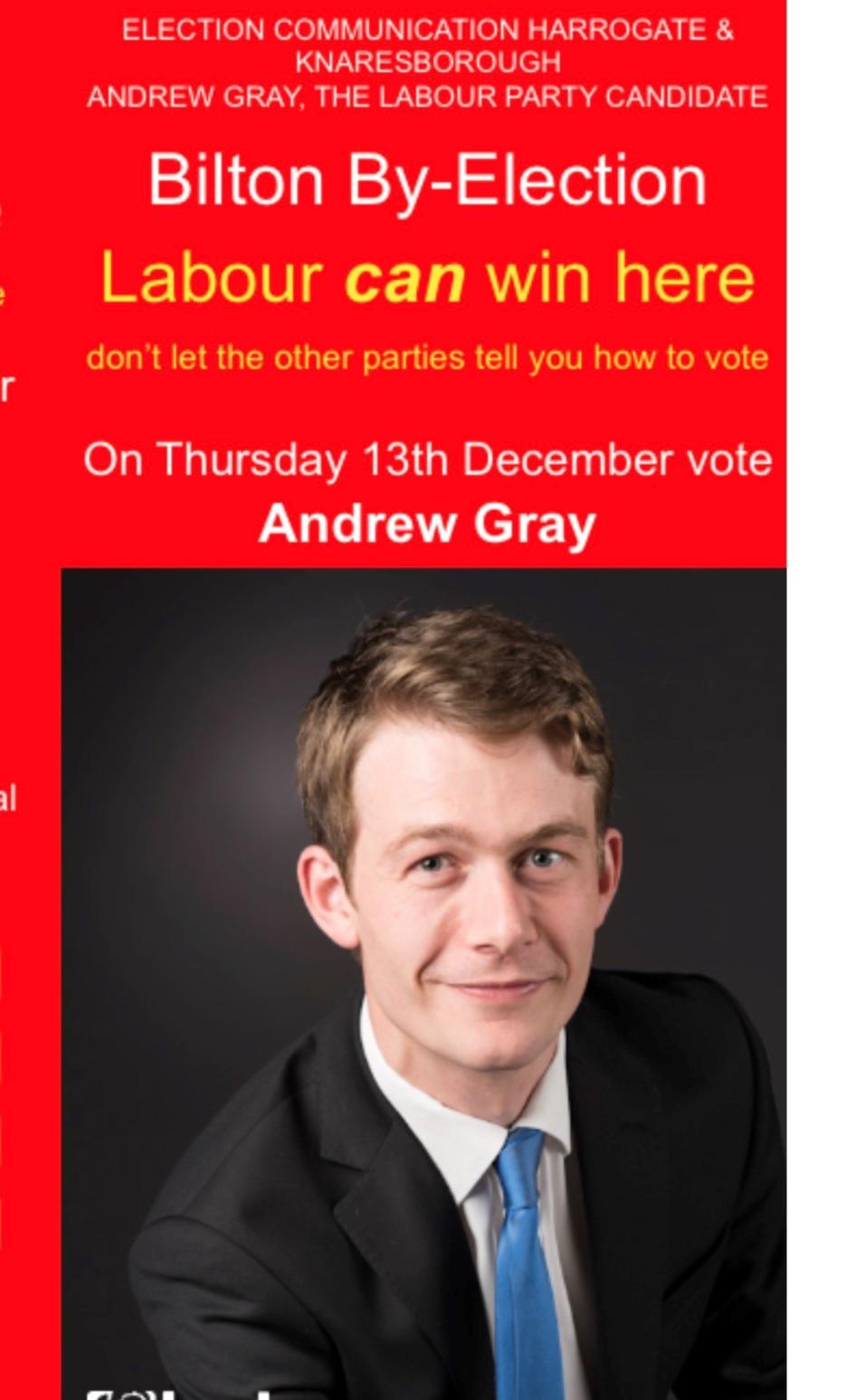As a six-year-old, I had a crush on a classmate. I’ll refer to her as ‘S’.
One pleasant summer’s day, our family went on a walk, along a former railway line, behind our house. After a few minutes, I spotted S and her family: they were walking straight towards us. Inevitably, our paths would cross. This was going to be so embarrassing, I thought.
Thinking quickly, unbeknown to both families, I ran up the steep, wooded embankment, crouching behind a bush. Soon, S and her family would pass by, oblivious that I had evaded them. Blushes, spared.
Breathing deeply, as S’s family passed by below, what appeared to be golden pellets fizzed into the air from under where I was sitting. It was quite an enchanting sight, like being surrounded by all the local tooth fairies.
Then – ouch, ouch, ouch. Whatever these supernatural flying creatures were, they were attacking me. And it really hurt.
With greater speed than I have ever mustered, I hurtled down the embankment screaming, running past S and her family, making it to my own. So out of breath, in pain and distressed, I was incapable of explaining what was happening.
Quickly, my parents grasped that I was covered in angry wasps, crawling all over my tracksuit, stinging me repeatedly. With S and family watching on, my father stripped me down to my underpants and began jumping on my clothes. With superhuman strength, my mother picked me up, then ran the 600m, or so, back to our house, where she put me in a bath of warm water to which she added vinegar. Whether the vinegar helped, I do not know. But it seemed like a good idea at the time.
In all, I was stung 12 times. My mother gave me 10p per sting: it felt like a good bargain. This bounty certainly cured my tears.
To this day, I have no idea what S and her family made of this hilarious incident. My bet: they don’t even remember it.
……………………………….
It wasn’t until my 20s when I realised that I was quite nervous – understandably so – around wasps. Entering my 30s, unbeknown to me, this phobia became progressively worse. Into my late 30s, I couldn’t be in a room with a wasp, generating great hilarity to everyone else and significant embarrassment for me. To defend and deflect, I would tell the tale of S and my 12 stings. It is a good story.
When lockdown struck, “normal” people spent more time in their gardens, but I couldn’t. “Normal” people would barbeque, but not me. Frustrated, my wife enquired about CBT – Cognitive Behavioural Therapy – on the NHS. After screening that my need was only during wasp season, months later, my online sessions commenced with a super therapist.
I must confess that I thought that the sessions were going to be a waste of time; however, having represented hundreds of clients who had needed CBT, I was at least intrigued to know what it was all about.
Through these sessions I realised how ingrained and life-impacting my phobia had become. As homework, my therapist asked me to look at photos of wasps on the internet. To my surprise, I couldn’t, often peering through my fingers, before moving away from my computer. Looking back, I do not possess the word power to describe my disgust and fear at looking at such images. In my defence, images of wasps on a screen are – of course – far larger than wasps in real life!
Over time, lesson by lesson, always completing my homework, I made great progress. By educating myself about the vast number of wasp species and their role in the food chain and in pollination, I learned to respect – if not to love – wasps. Yes, I now love wasps! No more do I reflexively run away at the sound of a buzz in my vicinity. My mind, reprogrammed.
So confident I am now that I often work in the garden under the wasps’ favourite bush, alongside our mini-orchard – also a favourite haunt of my yellow and black friends. With my new hobby of drawing, I even sketched one (don’t laugh – it’s below) to prove my mastery. As evidence to my therapist of her success, I sent her the below photograph of my new workstation. I think it made her day.
Recently, I took my family to the fateful embankment, and, in a ceremonial manner, I buried a dead wasp that I had been asked to study. Of course, I didn’t kill that wasp, for it was already dead. Squishing wasps is not for me: instead, I open a window, because now I can.


……………………………………..
Walking in the garden now, I feel – oddly – powerful. Unafraid. Although I am proud of this small achievement, what excites me most is my mind’s – and anyone’s mind – ability to change, at any age. If my neural pathways can be re-wired in relation to something trauma-caused and developed over 35 years, in just ten online sessions, then a world of possibility has opened before me. And before you. But why didn’t I tackle this defect sooner?
Though not everyone will agree, the myth that many in my generation was implanted with – and which persists somewhat to-date – is that by the end of your formal education, the quality of your mind is supposedly set in concrete. As a result, your successes will flow from howsoever far your mind managed to develop in that time. I shall call this “The Fixed Mind Myth”.
First, so we were told, your life chances were allegedly moulded by your GCSE results. Next, your A-level results laid the foundations of your future. Thereafter, so the story goes, for those who attend university, the ranking of your institution and your grade determined your life. From that point, the condition of your brain was permanently affixed, incapable of improvement, your intellectual position in society, stuck. Fail at school and your life was over.
Until recently, I imbibed that bile. But where did The Fixed Mind Myth emanate from? And is it true?
For an answer, I’ll turn to a philosopher, whose name I shall withhold for now. He wrote:
“The ideas of the ruling class are in every epoch the ruling ideas, i.e. the class which is the ruling material force of society, is at the same time its ruling intellectual force. The class which has the means of material production at its disposal, has control at the same time over the means of mental production, so that thereby, generally speaking, the ideas of those who lack the means of mental production are subject to it.”
This black and white analysis was from Karl Marx. The Fixed Mind Myth – if this was, as I propose, a society-wide notion – then according to Marx, it was disseminated by the ruling class. (Like him or loathe him, Marx’s criticism of capitalism has merit, but his hazily sketched-out model for a communist utopia was flawed.) I must proceed with a warning: there is always danger in overly simplistic analysis of complex issues, but as this isn’t an academic essay and as I have no training in biology (where, surely some answers also lie), I shall concentrate on this class issue.
…………………………………………
Born in the year that Thatcher (educated at Oxford) came to power, my first 18 years were lived under Conservative rule. Unquestionably, the Tories are the party of the ruling class and they have dominated British politics. Through their control, we can thank, or not, the Conservative Party for most of the successes and failures of the British state, including its myths.
Due to centuries of the ruling classes attending Oxbridge, coupled with predominant Tory rule (there is a connection), the notion that life was fixed by the time you finished formal education, was all-pervasive, inescapable. Beneficiaries of this system had no reason to contest it. The rest of us accepted it as gospel – well, that’s my firm recollection. And with Oxbridge forever top, everyone else’s place was set by their proximity to it.
Recently, Michael Gove’s time at Oxford University – which he left 33 years ago – was reported in The Times. Joining Gove, Reckless Boris and on-his-jollies-during-a-crisis Raab, attended Oxford, so did Dominic Cummings, Rishi Sunak and Theresa May, not forgetting Tony Blair, too. Matt Hancock studied at both, infamously hiring his “friend” from university. It is no surprise that today’s ruling coterie mostly attended Oxbridge: they always have.
Perhaps today’s politicians reached their lofty positions solely because of their exceptional talents, but perhaps Marx was onto something: that to attend Oxbridge guaranteed a place in the ruling class, and that The Fixed Mind Myth was then promoted by those who studied there. Once ensconced at the top of the academic hierarchy, to maintain your position in society, it was logical to proffer The Myth, brazenly or subconsciously. The Myth would therefore make sense to those who promulgated it and to those who heard it. With most Prime Ministers having studied at Oxbridge, the evidence was compelling, so it would have seemed. In addition, as I have previously blogged, clans help their own, only making matters worse.
One of the reasons why white bread became the most popular type was because, historically, only the rich could afford it. Similarly, orange carrots became the dominant type due to their popularity with the Dutch Royal family. In both cases, the predilections of society’s top strata, influenced all below.
Certainly, those who make it to Oxbridge today had academic talent at the time that they sat their exams. These students are likely to become successful – by traditional definitions of success. However, there are countless examples where this is not so: examples of non-Oxbridge students making it; of people without a university education, against the odds, becoming successful in their chosen fields. Some of the brightest and original minds that I know did not attend university.
Having worked with hundreds of lawyers, my anecdotal evidence is that an Oxbridge education does not always lead to the production of the best lawyers. Sometimes it does; sometimes it doesn’t. And those who become successful – as traditionally defined – without an Oxbridge background, have done so in spite of their “ignorance” and impeded by this class-based myth. This is because talent is not solely determined by formal education; because the brain is malleable, capable of growth at all ages, as I experienced. Some of the best lawyers I know obtained unenviable grades.
In these observations, I make no criticism of those who attended Oxbridge. Zero. Many of my friends attended. Is there an element of envy on my part? Perhaps: you decide. I’m also acutely conscious that, for some, an Oxbridge qualification may well be detrimental, perhaps pushing people into careers that ordinarily they wouldn’t have selected, because that’s what Oxbridge graduates are meant to do. Conceivably, the sense that, by attending Oxbridge you had made it, may well deter some students from continuous self-improvement, thereby leading to a less full life. And like the writer of a one-hit-wonder, who then spends a lifetime trying to recreate that magic, attending Oxbridge might feel for some as if it was the pinnacle of their existence, with everything downhill from there on in.
Irrespective of whether you concur with my observations, I hope that we can agree that attending Oxbridge is a thing. It is the sun around which the rest of us orbit.
………………………………………..
The philosopher, Nietzsche, who taught me much, instructs us to form our own codes by which to live and thrive. Nietzsche disdained traditional values, taboos and sacred cows, recommending that we move, amongst other ideas, Christianity and alcohol to the “deleted items” box in our heads. He said we should contest all doctrines that hold people back, however prevalent they are. Nietzsche, though a precocious talent, easily capable of attending Oxbridge, would have found the Oxbridge experience and all its accompaniments, suffocating. Never would he have promoted The Fixed Mind Myth.
On the contrary, he encouraged us to metamorphose from who we presently are, to, he called it, the camel, then to the lion, eventually becoming our true selves when we finally return to being a child: unburdened by society’s strictures, living in a liberated state of creativity and play. Only few “Supermen” (and women) make this mental transition, he said. Sounds delicious to me, it does, un-stung as well, and worthy of another blog.
Nietzsche is credited with the notion that ‘whatever doesn’t kill you makes you stronger’. Perhaps sitting on a wasp nest was, after all, worth it. Those working-class wasps had been encoded to protect the hive at all costs, even to their detriment. What they needed was Marx, CBT and Nietzsche. Until my CBT, unconsciously I have been defending The Fixed Mind Myth. No more! The mind is flexible, plastic, hungry to grow.
I wonder which other ruling class-originated ideas that I should confront, and what unhelpful mental models I need to discard.









